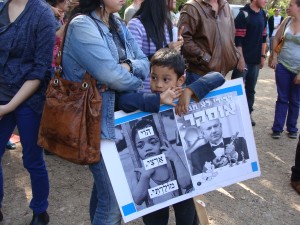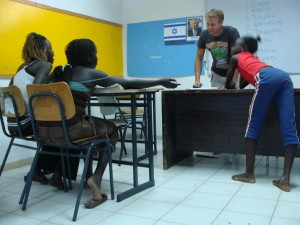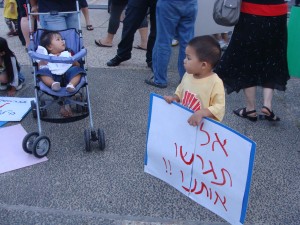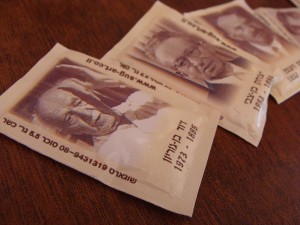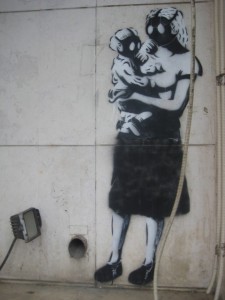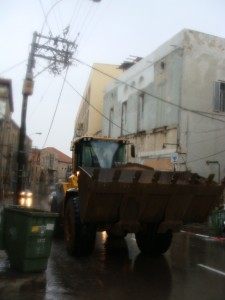 Souciant, April 6, 2011
Souciant, April 6, 2011
Sometimes I’m not sure what to call her. Is it Yafo? Or Jaffa? Then there is the old Arabic nickname, Urs al-Bahr, Bride of the Sea. Each word has its history.
And each has its fate.
If things had gone according to plan—the UN’s 1947 Partition Plan that is—Jaffa would have been part of a Palestinian state. But there was a war here, and there was a nakba, and the Bride of the Sea ended up inside of Israel, alone. In 1950, the municipality of Tel Aviv annexed her and (as husbands sometimes do) gave Jaffa a new name, a Hebraicized one: Yafo.
I took these photos while I was working on a story about gentrification in Yafo/Jaffa. It was a rainy day and I was, characteristically, unprepared for the weather. My lens kept getting wet. While I found this mildly irritating at the time, when I got home I was pleased with the aesthetic result—I felt like I was looking at this once hopeful Bride of the Sea through thick eyelashes, heavy with tears.
